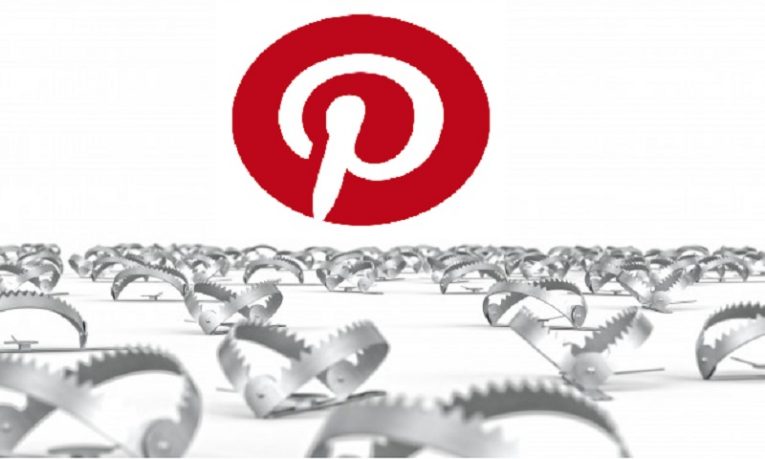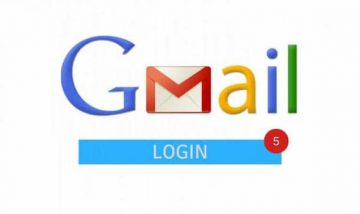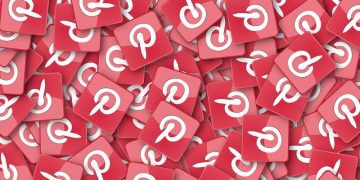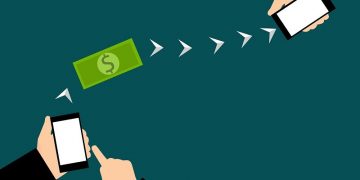How to use Pinterest Safely

At first glance, Pinterest seems to be one of the safer places on the Internet. It's a place of collaboration and sharing visuals, with everyone who wants to partake in both of those activities having an opportunity to do so. However, this is still the Internet we're talking about – so naturally, users should not let their guard down, no matter how innocuous the site they're currently browsing may seem.
So what are the pitfalls that a user may encounter on Pinterest, and what could one do to avoid them?
Table of Contents
Sharing Passwords Across Different Accounts
This has been said a bunch of times in the past, but since it is still a poor yet predominant practice, it still bears repeating – you may feel tempted to recycle a password for more than one account, for simplicity's sake. Resist the urge to do so at all cost, as there's no telling when one of those sites may suffer a data breach. When that happens, if a password is shared across multiple sites, all your accounts that shared the same password would be compromised. Now, it's true that sites that aren't linked to infrastructure or commerce and services are usually low priority for malicious actors – but there's no way to guarantee the hackers' indifference to any site, and it only takes one slip up to put any personal information you may have put on that platform in bad hands. Overall, the benefits seem to outweigh the risks involved, which is why it is vehemently recommended that users avoid re-using passwords, even for seemingly innocuous or irrelevant accounts.
Stolen Pins
This problem has been around for a couple of years, with the earlier reported instance seeming to crop up back in early 2017. The reason why it happens is unknown, and it seems to be something that happens sporadically rather than a true epidemic, but since around that time, multiple creators that use Pinterest extensively have noted that they have lost access to their pins. This can create no small amount of inconvenience for them as creators and promoters, but what's arguably worse for the regular Pinterest user is the tendency for toxic links to be attached to these "hot pins".
There are certain steps creators can take to remedy that state of affairs – report pins and take them down. As to the regular user, they need to be acutely aware that the one big rule that applies to the rest of the Internet needs to be observed on Pinterest as well. Namely – be wary of suspicious links. Don't click on said links if they seem odd, even if they are attached to a pin that seems to belong to a person you follow and trust.
Collaborator Hijacking
The act of what is dubbed collaboration hijacking is a problem that seems to most severely affect active creators that use Pinterest as a platform in a professional or semi-professional quality, though regular users can be affected as well. Pinterest allows users to create and support collaborative projects that are associated with all of the accounts of the users that have anything to do with the board in question. Collaborator Hijacking happens when said board gets filled with undesirable content – content you disagree with is objectionable or in violation of Pinterest's terms of service. You had nothing to do with it, but now there it is – and now you're catching flak because of it, even though you probably had nothing to do with the event. It's difficult to disassociate yourself from something unwholesome like that – and if you had your Facebook page attached to your Pinterest account, things can become even hairier.
The solution to this is rather simple – as a creator and manager of joint projects, you need to assess your fellow collaborators more carefully and avoid collaborations with people you don't completely trust not to tarnish your name. As a user, you need to decide whether or not to link this account to your other social media presence – if the convenience and exposure are worth the risk that you are now aware of.
- Don't Post Things That are too Personal
Pinterest is a social media website with an explicit emphasis on sharing. However, there may be some content or information that you don't want to share. It is up to you to make sure that those things don't find their way on the boards. While there is such a thing as a secret board that you can post to, where your pins are only visible for yourself if said board is then "revealed" it is nearly impossible to make pins that you yourself upload private again.
The solution to this problem is simple – don't post things that you aren't a hundred percent sure you're okay with being online to the platform. Don't post things that are unwholesome or that may age badly.
Adjust Your Privacy Settings
You may use the platform's privacy settings to limit how much information can be used to find you.
- Go to the "Account Basics" section and change the "Search Privacy" setting to "Yes". This will keep people from being able to find your account through a search engine such as Google Search or Yahoo Search.
- Still in the "Account Basics" section, change both "Personalization" settings to "No". This will keep Pinterest and its advertisers from snooping through your activities, both on Pinterest and on other platforms.
- Also in the "Account Basics" section, you can click Clear Search History beside "Search History." This ensures the erasure of information regarding what you've searched for on the website. Admittedly, this action's main use is if you've built up a huge search history and the suggestions you receive are starting to pester you, but sanitizing your account for security's sake is also a good idea.
- In the "Social Media" section, you can disconnect Pinterest from your other social media accounts.








